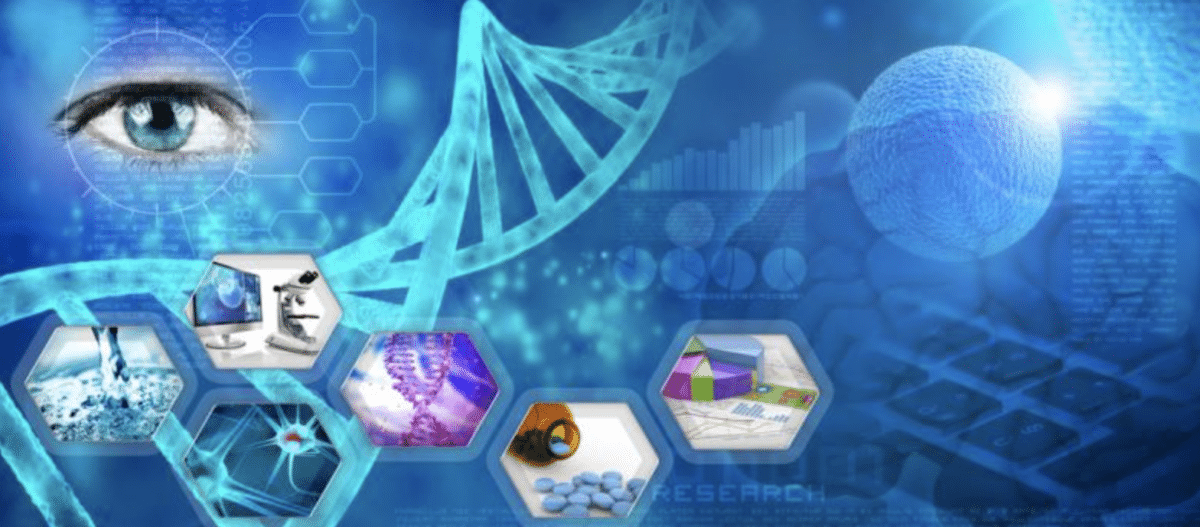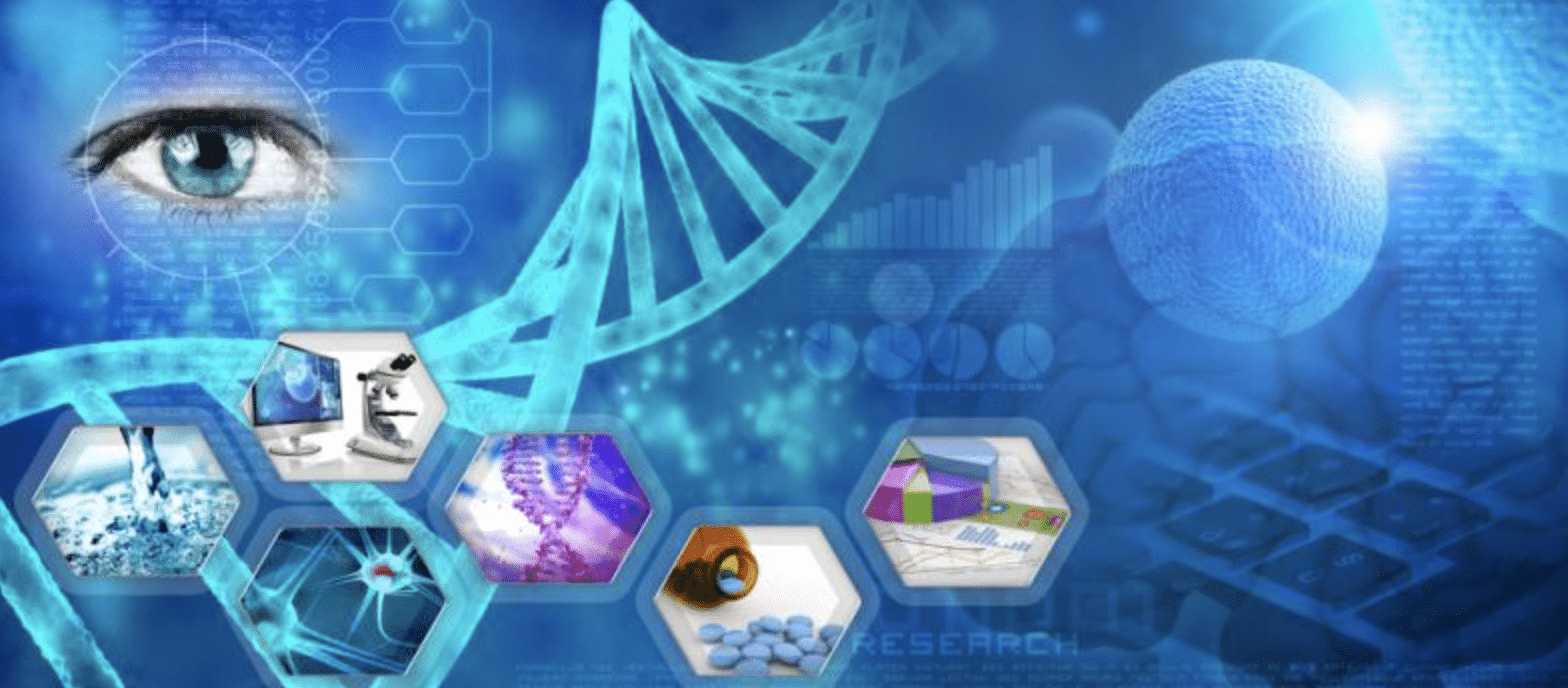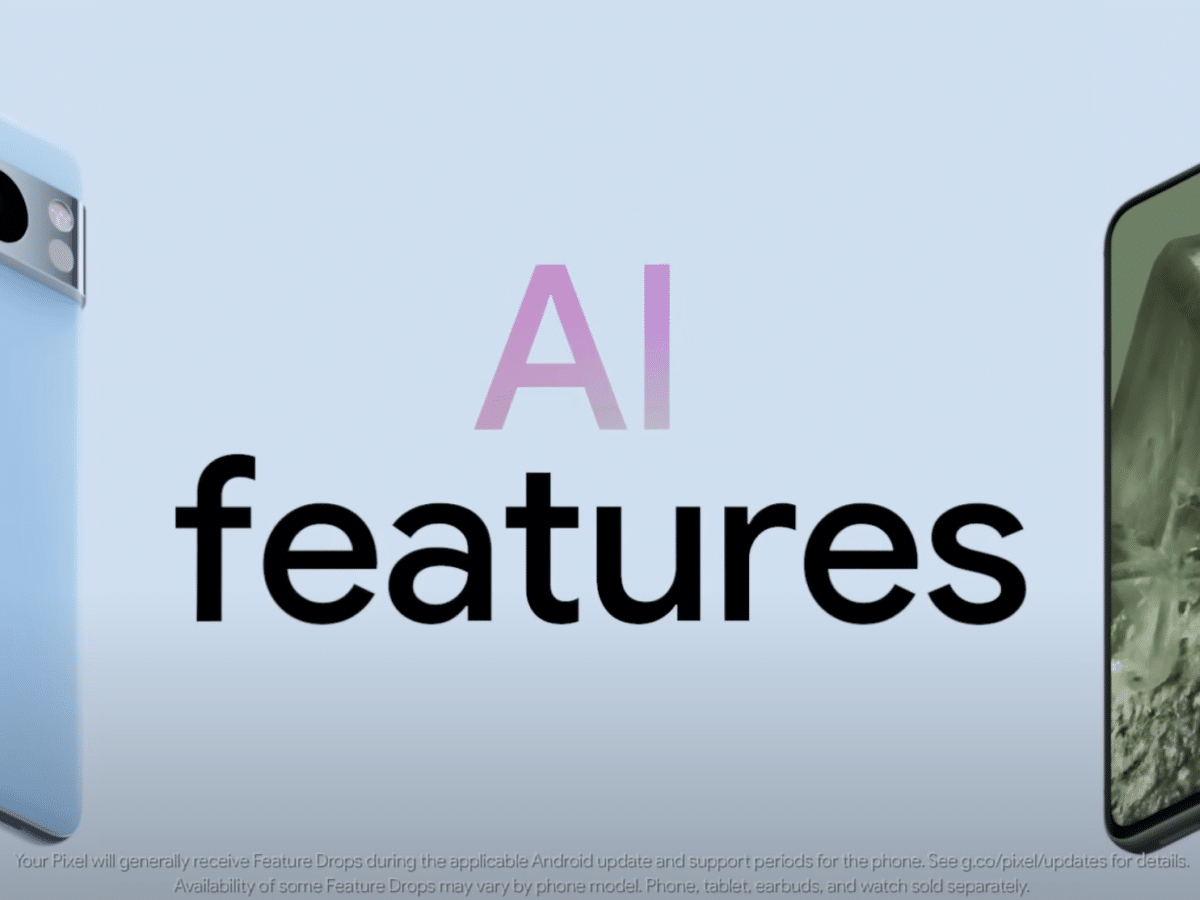Generative AI is here. The genie is out of the bottle. For better or worse, AI is part of our lives now, and it can improve our existence in ways no one can predict. Medical research wasted no time recognizing the potential of the technology and putting it to use well before it became publicly available.
Generative AI’s medical research applications are many and exciting. The technology can potentially revolutionize research as well as diagnosis. Here’s a quick look at how AI may impact medicine, based on our current understanding of its capabilities.
Drug Research and Development
Supervised machine learning can churn through incredible amounts of data and find patterns human researchers would never consider when searching for new molecules to use in drugs.
AI can predict molecular structures by balancing the further tweaking of promising designs with the exploration of entirely new approaches.
One of the greatest limitations of human-led molecular research is that scientists tend to focus almost exclusively on promising molecular structures, applying an increasing number of tweaks to them. Once down this path, they lack the resources or wherewithal to consider that the solution they seek may be radically different. Humans endlessly optimize something that works a little.
AI can afford to optimize promising molecules while continuing to look for different solutions elsewhere. In addition to drugs, AI can also help with antibody research and eventually crack the cure for currently incurable diseases.
Identifying Targets for Drugs
Coupled with big data, generative AI can analyze diseases and the proteins and genes specific to them to identify vulnerabilities that drugs can target.
The process is intricate and requires close interdisciplinary cooperation between experts like pharmacologists, bioinformaticians, chemists, etc. It consists of data collection, integration, representation, model training, feature selection, validation, biological validation, etc.
AI can lend a valuable hand every step of the way. It can process raw data and use label data to distinguish between non-targets and already known drug targets. It can identify the most relevant features of drug targets. And it can use existing data to predict and prioritize drug targets for various diseases.
There is no limit to how useful AI can be in researching drugs for previously incurable diseases.

Improving Medical Imaging
AI can remove the noise from MRIs, X-rays, and other medical images, improving their quality and completing them with missing data. Based on existing data, AI can also generate synthetic images for training algorithms and human doctors.
Diagnostics and Disease Progression Prediction
AI’s impact on diagnostics can be massive. Unlike human doctors, it can consider every bit of data from a patient’s history, recommending diagnostics and generating predictions. Based on the data doctors provide, it can predict the progression of a disease in a specific patient.
AI can also generate synthetic patient data that retains the specifics and value of real personal patient data. Doctors can use such data for further research without having to worry about the rights of patients to privacy.
Personalizing Treatments
Some patients respond better to some treatments than others. AI can use available patient data to devise optimal treatments for everyone. It can create optimized drug combinations for patients, suggest dosage, and refine delivery methods, helping doctors achieve improved treatment outcomes.
Designing New Molecules
DNA sequencing requires tremendous data processing power. AI can handle that, and as other technological advancements come online, it will handle much more. It can help us understand protein folding and make sense of genetic mutations. It can generate RNA and protein sequences and help doctors design new molecules.
Early Disease Detection
With most diseases, early detection improves the recovery chances of patients and leaves medical professionals with more options for treatment. AI can help medical investigators find biomarkers that betray the presence of a disease and may also offer clues about its progression.
Drug Research and Repurposing
In addition to making discoveries, AI can leverage and repurpose existing knowledge in creative ways that aren’t subject to human limitations. It can find new targets for drugs. Doctors already use some drugs for off-label purposes. AI can accelerate and optimize this process.
AI can conduct molecular docking experiments, exploring through simulations how existing drugs can bind to and affect disease-related proteins.
Optimizing Clinical Trials
Clinical trials are important pieces of the drug discovery and approval puzzle. They are time-consuming and cumbersome. And they require a lot of footwork from the human personnel involved. Their costs are high, and their efficiency is low.
Generative AI can optimize the design of these trials, improving efficiency and lowering costs. How can it achieve that?
- It can optimize test subject recruitment based on the eligibility criteria.
- It can estimate the sample size the trial needs to produce scientifically relevant results.
- It can use existing data to optimize treatment arms, test combinations, and dosage.
- It can predict placebo response rates.
- It can easily identify patients most likely to respond differently to testing and optimize resource allocation based on its conclusions.
- It can create synthetic control arms for comparison baselines.
- It can predict adverse event rates and recommend safety measures based on its conclusions.
- It can optimize data analysis and interpretation.
- It can predict patient adherence to trial protocols and recommend measures to improve patient engagement.
The role of AI in medicine is one we cannot fully assess at this point. It is already clear, however, that AI, in combination with other technologies like big data and quantum computing, can shake up and revolutionize medicine in ways that will lead to unprecedented discoveries and solutions.
Read more of our AI articles here.





